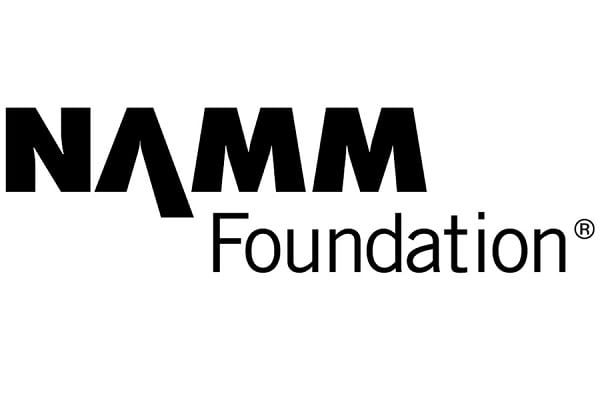TOWSON, MD—Baltimore County Public Schools has once again been honored with the Best Communities for Music Education designation from the NAMM Foundation for its outstanding commitment to music education.
Now in its 21st year, the Best Communities for Music Education designation is awarded to districts that demonstrate outstanding achievement efforts to provide music access and education to all students. BCPS has received this designation for 15 consecutive years, and 20 of the total 21 years it has been offered.
To qualify for the Best Communities designation, BCPS answered detailed questions about funding, graduation requirements, music class, participation, instruction time, facilities, and support for music programs. Responses were verified with school officials and reviewed by The Music Research Institute at the University of Kansas.
“The continued recognition by the NAMM Foundation is a tribute to BCPS’ ongoing commitment to music education for all 115,000 of its students” said Amy Cohn, BCPS coordinator of music and dance education. “Fifteen straight recognitions from a leading national music organization speaks to the amazing musical traditions of our district, but also the place of music education in the district curriculum as part of a complete education for all students.”
This award recognizes that BCPS is leading the way with learning opportunities as outlined in the Every Student Succeeds Act (ESSA). This legislation guides implementation in the states and replaces No Child Left Behind, which was criticized for an overemphasis on testing while leaving behind subjects such as music. ESSA recommends music and the arts as important elements of a well-rounded education.
Baltimore County students can choose among extensive offerings including courses in music and audio technology, world music, and Advanced Placement Music Theory. Students perform throughout the community in choral groups, jazz ensembles, steel bands, orchestras, and marching bands. In addition, partnerships with the area’s leading arts organizations provide opportunities to see and interact with professional musicians.
Research into music education continues to suggest educational/cognitive and social skill benefits for children who make music. After two years of music education, research found that participants showed more substantial improvements in how the brain processes speech and reading scores than their less-involved peers and that students who are involved in music are not only more likely to graduate high school, but also to attend college. Everyday listening skills are stronger in musically trained children than in those without music training.
Significantly, listening skills are closely tied to the following abilities: perceive speech in a noisy background, pay attention, and keep sounds in memory. Later in life, individuals who took music lessons as children saw stronger neural processing of sound; young adults and even adults who have not played an instrument for up to 50 years show enhanced neural processing compared to their peers. Social benefits include conflict resolution, teamwork skills, and how to give and receive constructive criticism.
A 2015 study supported by the NAMM Foundation, “Striking a Chord,” also outlined the overwhelming desire by teachers and parents for music education opportunities for all children as part of the school curriculum.
Do you value local journalism? Support NottinghamMD.com today.

